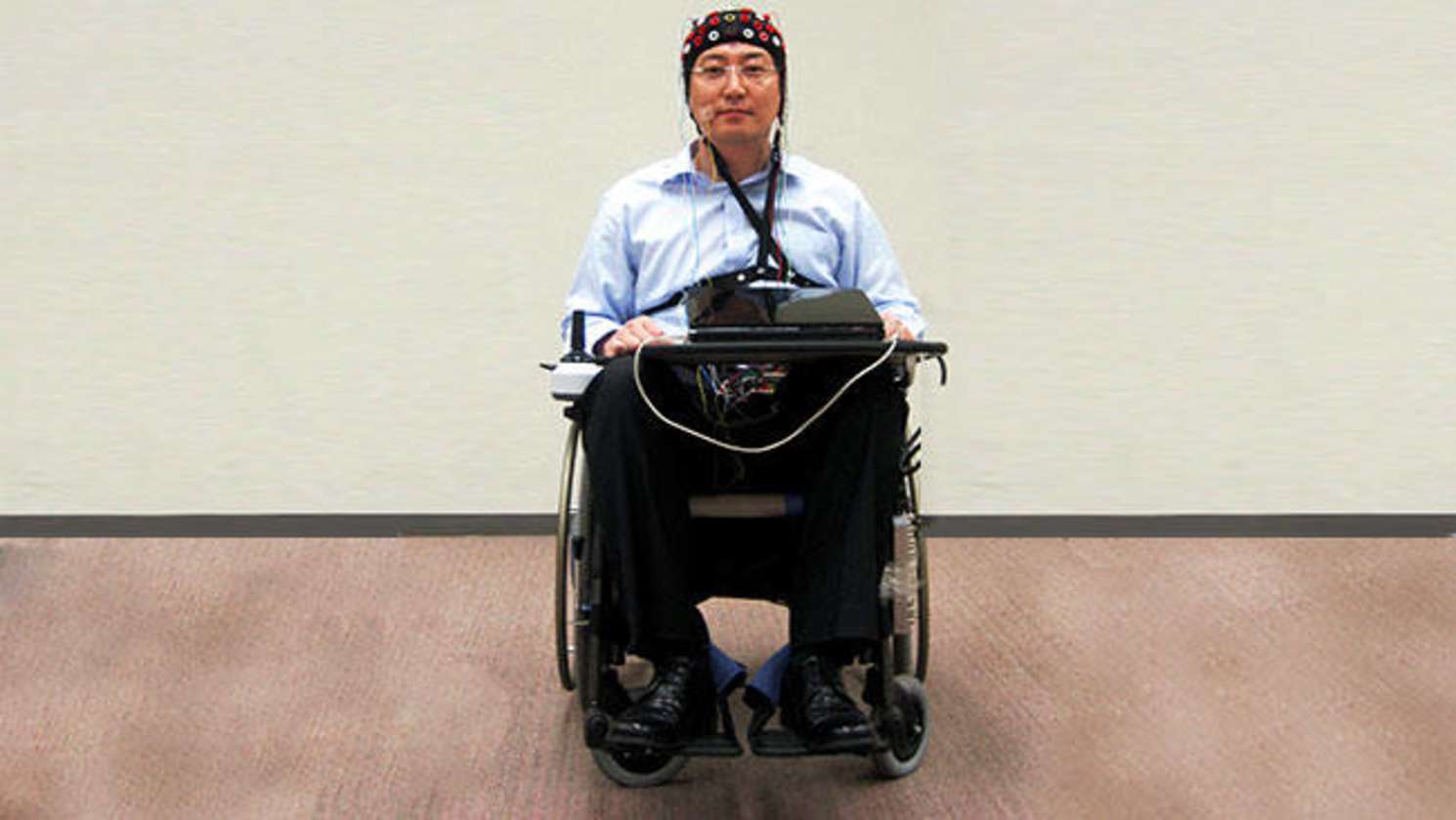Scientists and engineers are working on all sorts of weird and wonderful projects in Japan's Toyota City studios.
Robots are high on the agenda, as well as a robotised leg brace that helps disabled people to walk again and what is perhaps the ultimate disabled "enabler" -- a wheelchair that can be controlled by thought. Sounds like the stuff of science fiction movies but it is true, and the system can convert thoughts into actions with an accuracy rate of 95 per cent.
Toyota, the world's largest car maker, now conducts research into many aspects of mobility. Research into personal mobility is part of its long-term strategy to help make people healthy and comfortable in ways that no longer involves cars themselves but still draw on some of their technology.
Recent developments in Brain-Machine Interface technology have attracted attention because they allow elderly or handicapped people to interact with the world through signals from their brains, without having to give voice commands.
At this stage the test subject must wear a Frankenstein cap fitted with many electrodes that record the electrical activity in the brain.
Space-time-frequency filtering extracts space and time patterns and frequency oscillation data from EEG electrodes to discriminate significant features and components, which are able to control the wheelchair reliably.
The technology has many applications including medicine and patient care. It could for instance help people like the wheelchair bound Stephen J Hawking, but the professor apparently still finds it easier to control his wheelchair with a mechanical switch.
Researchers are looking at expanding the number of available commands and developing more efficient dry electrodes. So far, the research has centered on brain waves related to imaginary hand and foot control.
However, through further measurement and analysis, it is anticipated that this system may be applied to other types of brain waves generated by various mental states and emotions.
This reporter is on Twitter: @IamChrisRiley













.jpg)










.jpg)

.jpg)


.jpg)
.jpg)